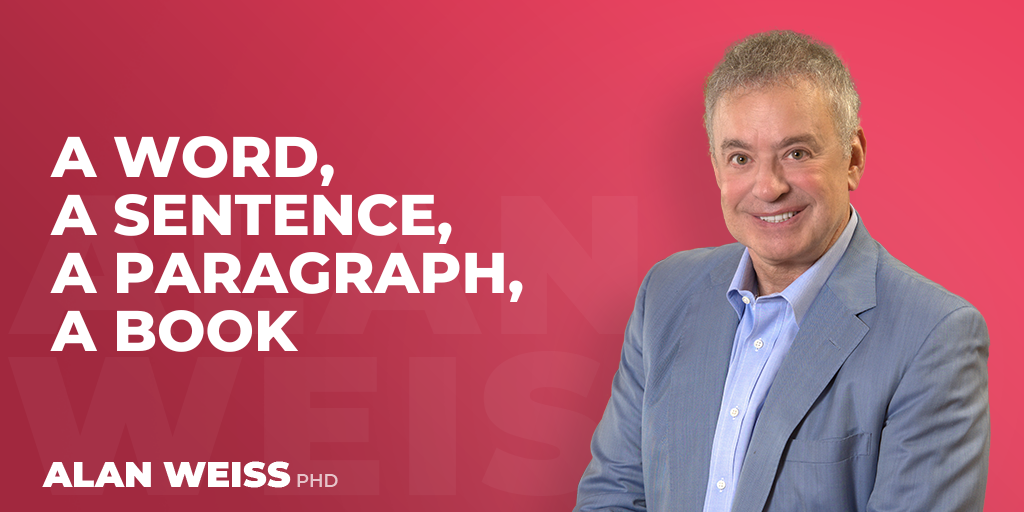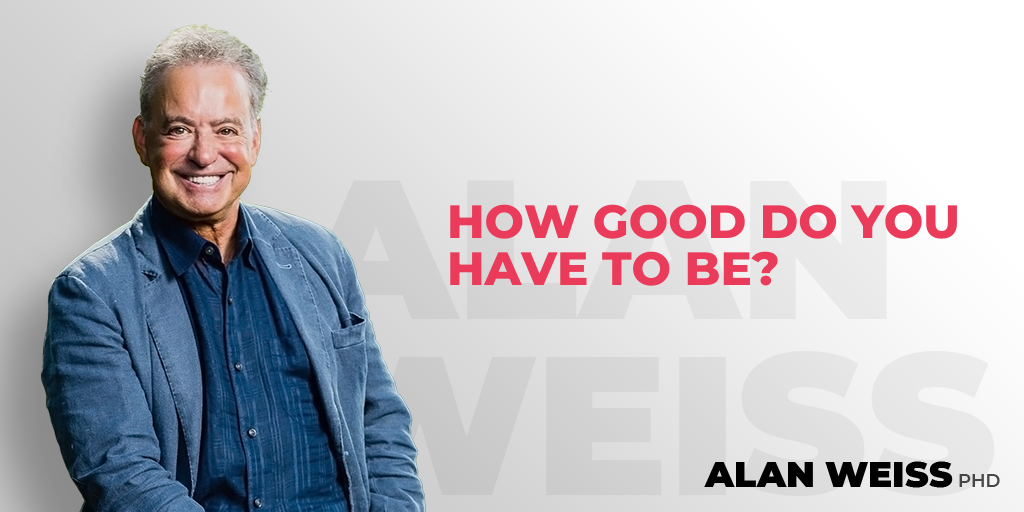Resisting the Tides and Winds of Others’ Storms
One of the most difficult positions to occupy and defend is that of being yourself. Every day, individuals, groups, and the mores of society are laboring to assault individuality and toss us into the blender.
Normative pressure—the impetus to be part of the “in crowd”—is pervasive and severe. We punish mavericks and those marching to the beat of that distant drummer. And then we often shoot the drummer. This tendency is insidious, and occurs even within those groups which consider themselves “outsiders,” whether beatniks, heavy metal, bikers, Goths, or Young Republicans.
There is no one as ardently conformist as the avowed non-conformist in our midst. When hundreds of thousands of people are wearing baseball caps backwards, and millions are listening to “alternative” rock, it’s hard to tell what’s mainstream and what’s not.
So most of us stagger along the shore, dragged by the wind and drenched by the spray, trying to find shelter, or at least the most comfortable route. And that desire—to belong, to take beaten paths, to avoid the backwash of those racing past in other directions—is precisely what dooms our best intentions and dampens our greatest talents.
A typically debilitating statement goes thus: “Well, I’ve heard from quite a few people close to you who prefer not to be named, that your handling of the committee is not inclusive. I’m telling you this for your own good and because I want to help.”
In actuality, you’re being told for the purveyor’s own good (“Gotcha!”) and because they are seeking to denigrate you. These passive/aggressive statements cause many people to lose their bearings, sleep, and good intentions. Of course, the correct response should be: “I never pay attention to anonymous feedback, and I’m surprised you’d stoop to being the middleman. If you have something to say yourself, say it. Otherwise, don’t bother me with rumor and hearsay.”
We refrain from making that last statement because we don’t want to offend, even though we’ve just been offended! This is not a situation where the “high ground” means staying out in the open and allowing ill-meaning people to shoot at you. The high ground here is the ethical and pragmatic high ground of named sources and observed behavior. (“Why do you start the meeting 15 minutes late every week? Many of us are having trouble maintaining our schedules.”)
Oscar Wilde said that “Just because a man dies for something doesn’t mean it’s true.” No matter what the passion or claims made by others, take the time to evaluate whether the point of view, critique, or suggestion is valid based on logic and evidence.
Like your mother used to say when you claimed you had only run into the street because your friend did so first, “And if she jumped off the cliff first, would you do it?!”
Herd behavior is for sheep. And yet the wolves still get them. Wolves, of course, run in packs.
But there's always a leader of the pack.
© Alan Weiss 2009. All rights reserved.





Gretchen
I wish I could find someone who would offer constructive criticism. I have found that nobody is willing to tell me what I can do better or what they didn’t like about my presentations or work. If I could just get some honest feedback I wouldn’t be asking myself things like, “so if he only said he liked the software that I used to deliver the webinar on, maybe that means the content didn’t help him?” I am grasping for some good feedback and never get any. Not that I am looking for personal assaults or anything but sometimes the people in my particular field are too nice (or perhaps in my part of the country – the NW).
The other day I was in a meeting and I offered up what, on second thought, turned out to be a bad idea. The people spent about 3-4 minutes discussing it politely until I finally interrupted, said it was a dumb idea, and we all moved on.
Alan Weiss
You need some “tough love.” Join my Mentor Program! Seriously, find just one or two people whom you respect in areas in which you’d like feedback, and ask them to hold no punches, both pro and con. Family and friends are not usually good, but professional colleagues, especially in a somewhat more advanced stage than you, are usually good.
Gretchen
Thanks for the mentor program idea. I will check it out.
Graham Franklin
Gretchen follow Alan’s advice. Join his mentor programme. I just have, and having attended two of his workshops do not expect anything less than an honest opinion straightforward and well in tentioned opinion. I know that I may be in for a hard time, so what I am trying to be better at what I do. I have never had honest feedback from my nearest and dearest…..with the exception of my wife but theirin lies another story.
You can rely on Alan’s candour even if you don’t always share his views.